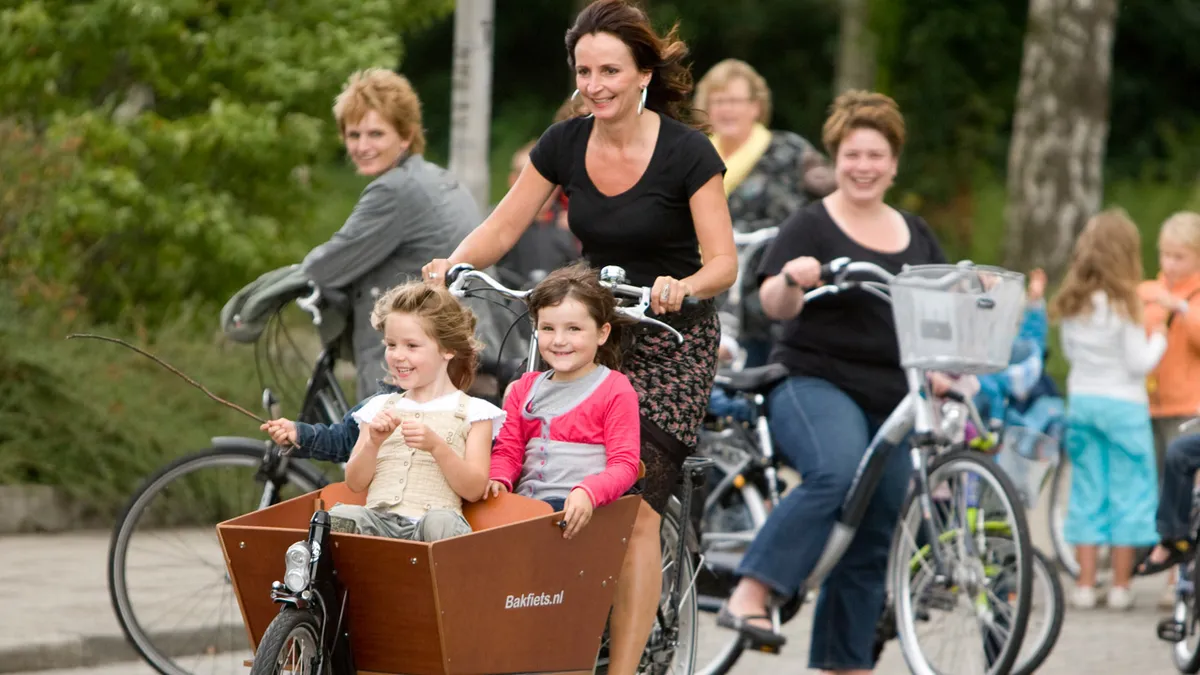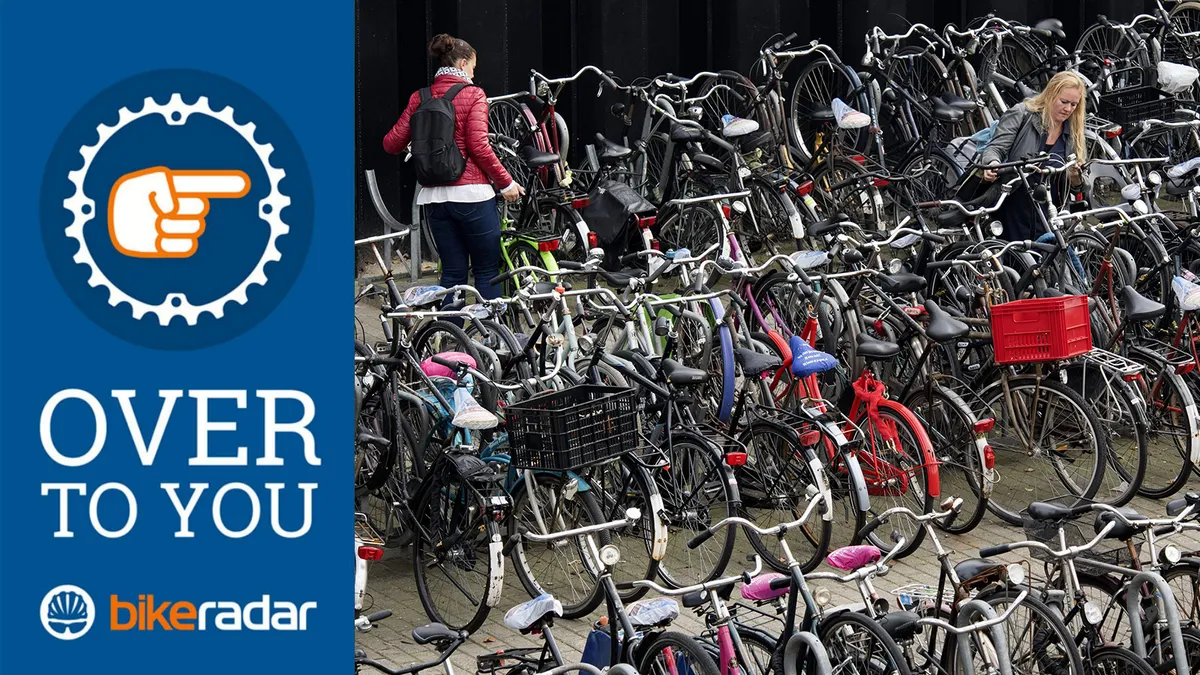I’m of the opinion that in these desperate times — where we continue to poison one another and the planet with mass car use for the most frivolous of journeys — attitudes towards cycling should change to the point that choosing to use a bike for short journeys should be as close to second nature as remembering to wipe from front to back.
But how can we best encourage mass use of bikes for urban transport?
- Lifting the lid on the helmet debate
- Top 5 cycling debates that just won’t die
- Why are people afraid of bikes?
Does bad infrastructure stop people from cycling?
There’s absolutely no denying that cycling infrastructure in the majority of countries lags far, far behind places such as the Netherlands — getting people off the roads, or at least segregated from traffic, makes people feel safer and thus more willing to make journeys by bike.
While I’d love to see the whole world cater for bikes in the same way our friends in the low countries do, it’s often not that simple — the Dutch have been designing their towns and cities around bikes for years now and the cost and timescale of implementing similar setups elsewhere is often incredibly prohibitive.
Which begs the question: is there any reason everyone can’t coexist peacefully on our perfectly good roads? Is education the answer?
To be clear, I’m not talking about punitive classes for those who choose to disrespect cyclists on the road or piecemeal efforts by local organisations or police forces — I’m thinking mass, pro-cycling brainwashing, pumped into the homes of everyone, everywhere, all of the time.
There’s no doubt that there will always be idiots out on the road who don’t give a damn about cyclists, or anyone else for that matter. The same people probably display a general lack of empathy, and no amount of education will get through to them.
However, I truly believe that the majority of people are good at heart and likely just need proper education — ideally from an early age — about what cycling is and how to treat cyclists on the road.
Do we need to change our attitude towards helmets?
I understand that I’m going to kick a seriously passionate, very angry hornet's nest by invoking this debate, but I also believe we need to reassess how we view helmet usage if we want to encourage mass cycling.
While I’d never ride any of my go-fast bikes sans-lid, I’m very much of the opinion — and the majority of studies agree with me on this one — that compulsory helmet usage discourages cycling.
The stigma attached to not wearing a helmet, even in countries without mandatory helmet usage, is a barrier for many, and we should leave those people to make their own choices.

Forcing people to wear a lid, either through law or shame, also strengthens the misconception that cycling is an inherently dangerous activity — to be clear, the RedBull Rampage is dangerous, pootling to the shops at 8mph in your Bakfiets to pick up a 250g bag of smugness is probably not.
Are bikes too complicated?
Lastly, do bikes themselves need to be simplified to encourage cycling?
Looking once again to the Netherlands, the majority of Dutch bikes are incredibly sturdy, essentially maintenance-free behemoths that even the most novice of cyclists can understand.
Here in the UK at least, it’s very rare to see a bike like this. Instead we’re fixated on the specs, looks and the ‘what-if-I-want-to-ride-a-century’ capability of the bikes we buy.
Despite how much I love to poke fun at fixies, there’s no doubt that the boom that saw so many of these bikes sold went some ways to getting a lot more people on bikes, many of which I have no doubt are still trundling about today.
Going to the extreme end of wishful thinking, should there be a cycling equivalent of Finland’s famous baby boxes, with vast, vast numbers of incredibly simple bikes handed out for free or at very low cost by local governments? Just like the baby boxes, I have no doubt the health benefits of such a programme would more than pay for itself in time.
So over to you...
So what is it? Infrastructure, attitudes, helmets or bikes that stops people cycling? What could be done in your local area to encourage cycling. As always, please share your thoughts in the comments below.

